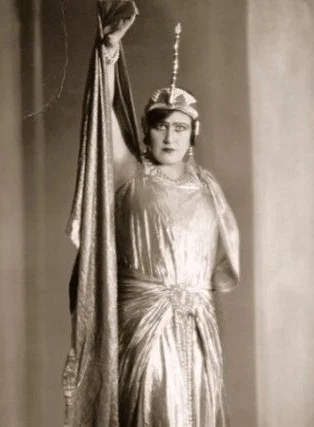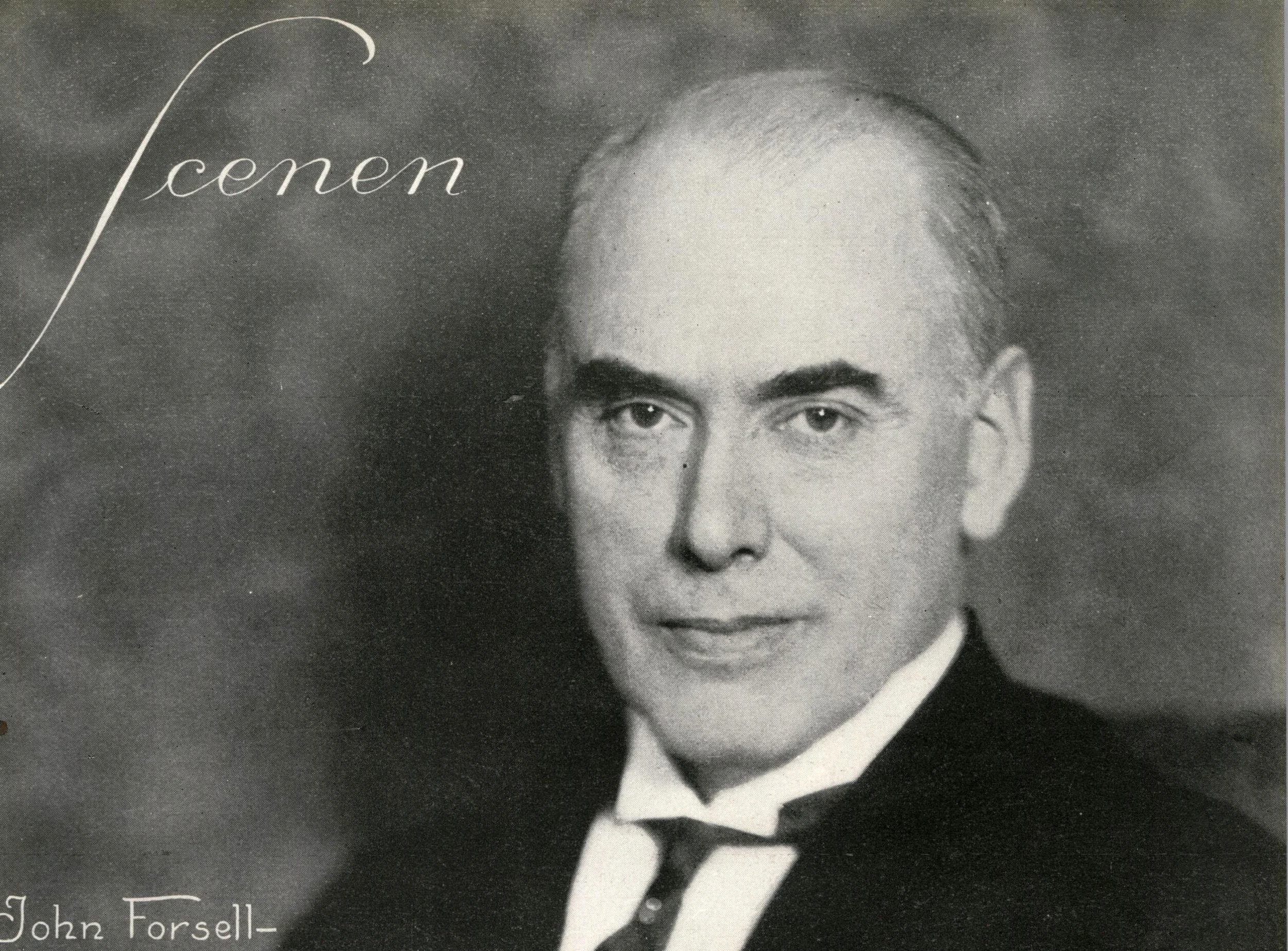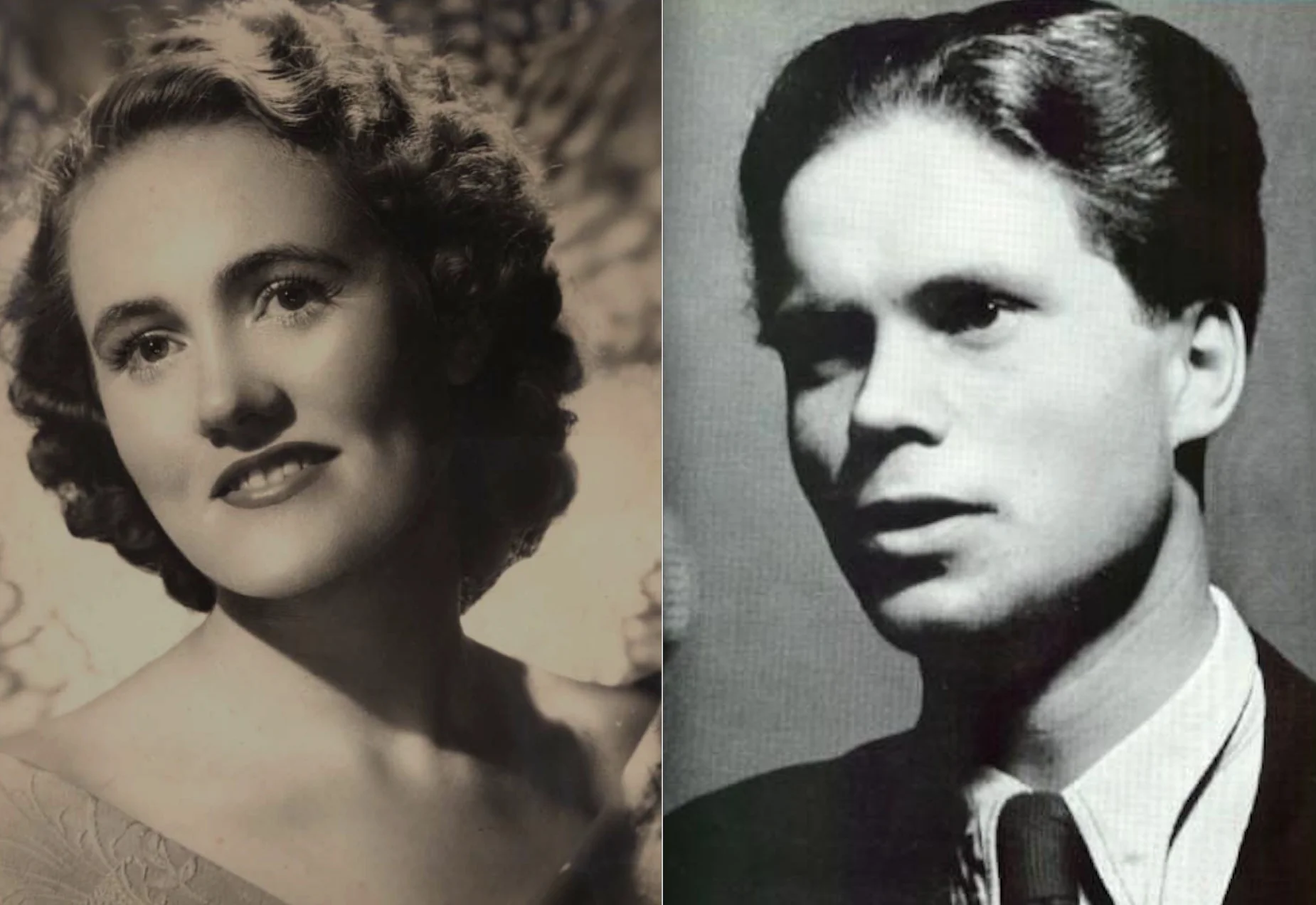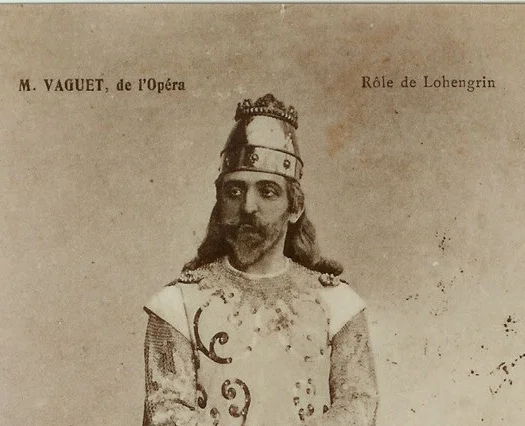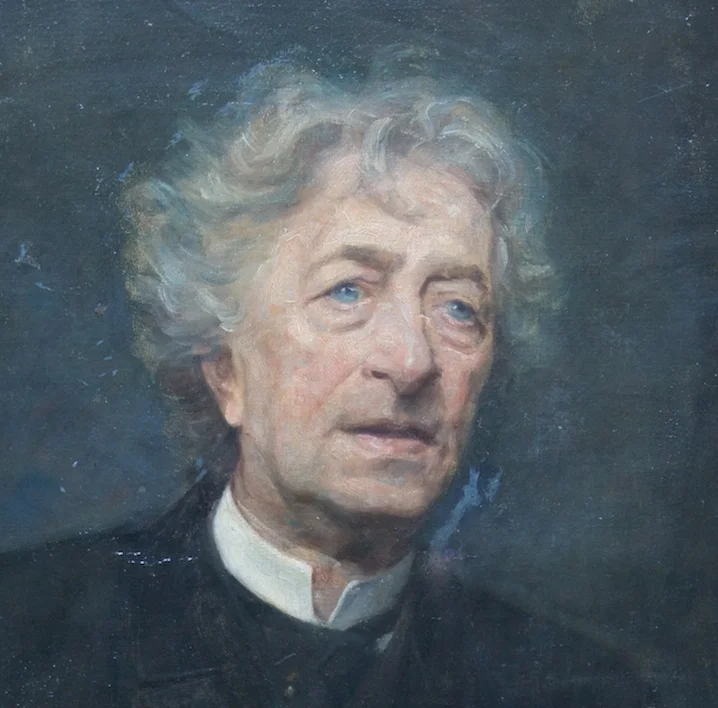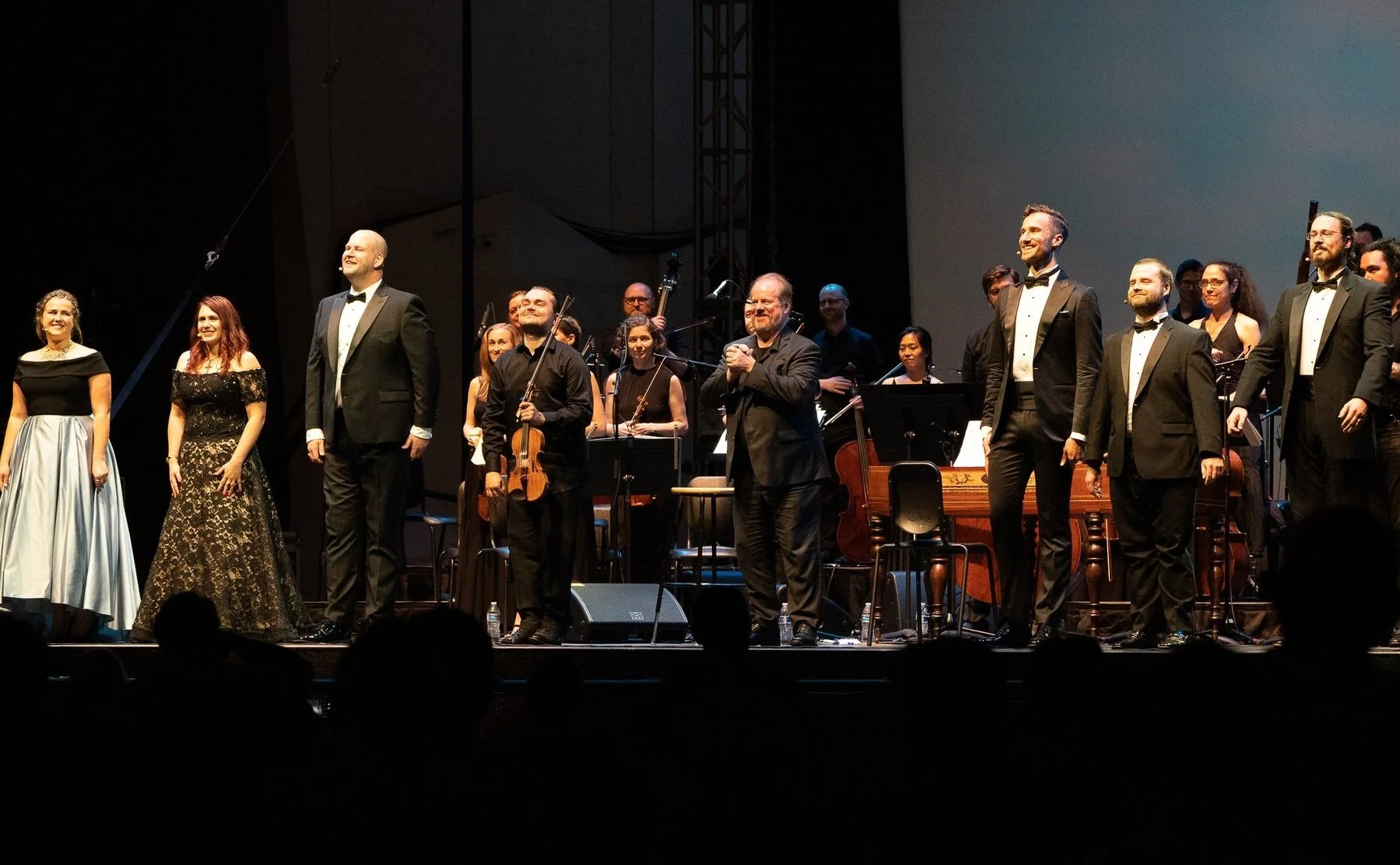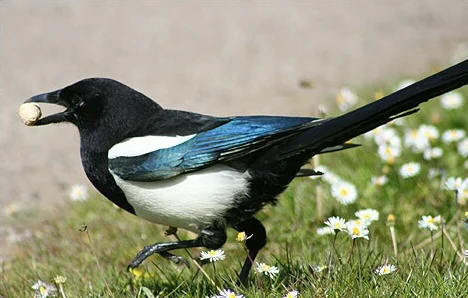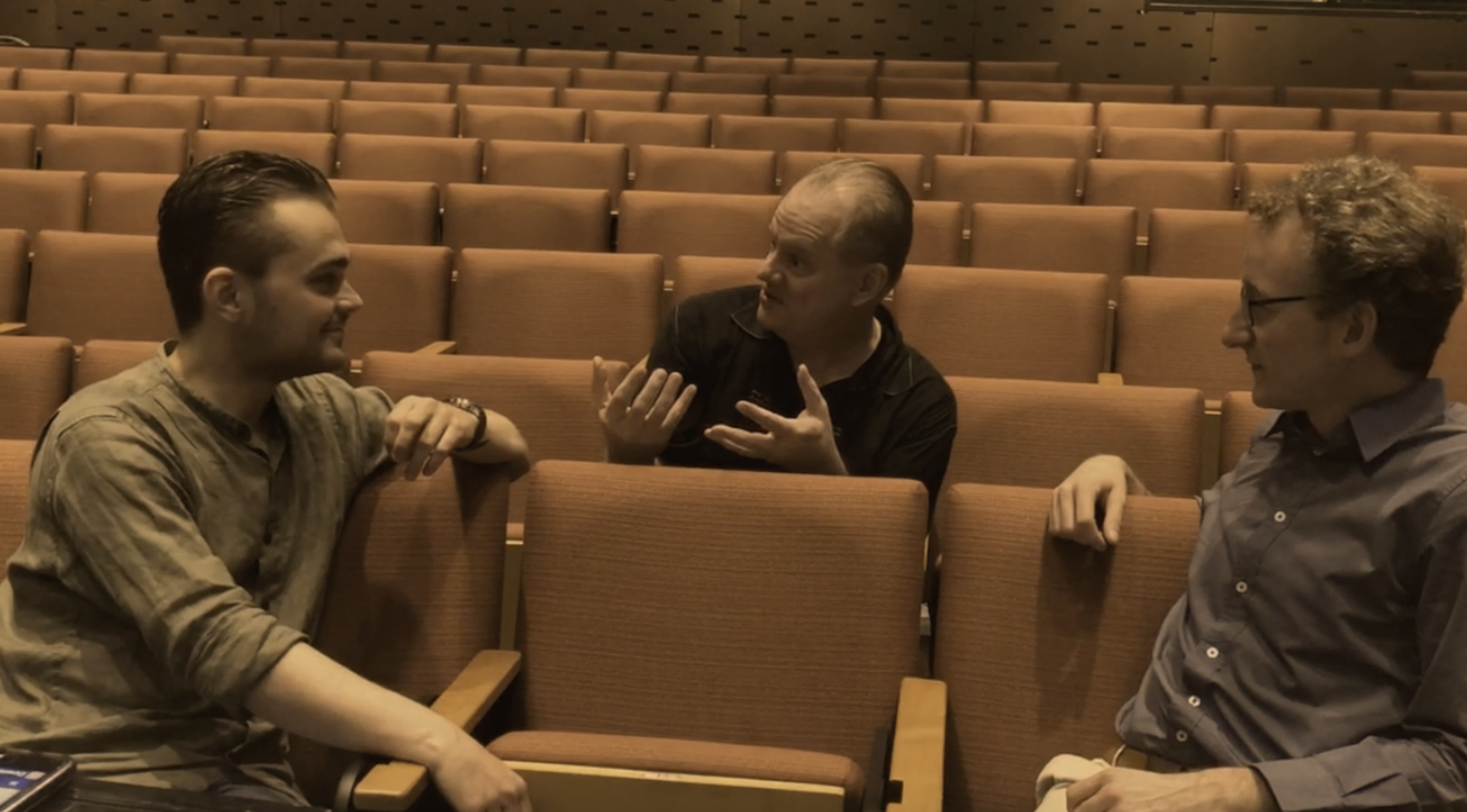Verismo when it was new
Giraldoni as Scarpia
Eugenio Giraldoni (1871-1924) was a singer who had a lot to live up to within his family, as his father Leone (1824-1897) had been the lead baritone at the premieres of Simon Boccanegra and Un ballo in maschera, among others. The son took on most of the father’s famous roles, and in his own turn he was chosen to be the first Scarpia in Tosca. His few recordings don't include any of Scarpia’s music, but we can tell he must have been formidable in it from another of his “creations,” Lazaro in La figlia di Jorio, a setting of Gabriele D’Annunzio’s “pastoral tragedy” by Alberto Franchetti (1860-1942).
The record is Lazaro’s horrifying speech to his son Aligi, sung by Giovanni Zenatello. (Sample line: "if I need a knife-handle and decide to make it from your shinbone, well and good!" And did you think Scarpia was sadistic?)
What Giraldoni shows is a prime example of the raw declamation, the sheer vocal power and thrust, that came to the fore with what we now call “verismo” - the hot-blooded, passionate works that signaled the last great creative flowering of Italian opera. (You can follow the score here.)
It’s exciting to hear how fiercely Giraldoni can throw his voice at this without making it protest or buckle under the pressure. A severe listener from his father’s generation, however, might have heard it and asked “but can he sing?” Meaning: to the detractors of the verismo school, all this shouting and emoting put at risk Italy’s heritage of vocal mastery and refinement. It’s a fair point in a way, but it doesn’t apply to Giraldoni. This massive, granite-like voice was under total control, as he shows in Iago’s dream narrative from Otello. Smooth legato, balanced dynamics and registration, crystal clear pitch and diction, and the control and imagination to imitate Cassio with a thinned-out “character tenor” sound, yet without losing core tone or descending to caricature. Dad would have been proud, I hope.
Teatro Nuovo puts great emphasis on learning from the singers who had never heard, or heard of, microphone singing - primitive recordings from more than a century ago, forming a link to the traditions of opera’s heyday and the infinite potential of the natural, unassisted human voice. Check this space regularly for samples, and click here for some pointers on how to listen.
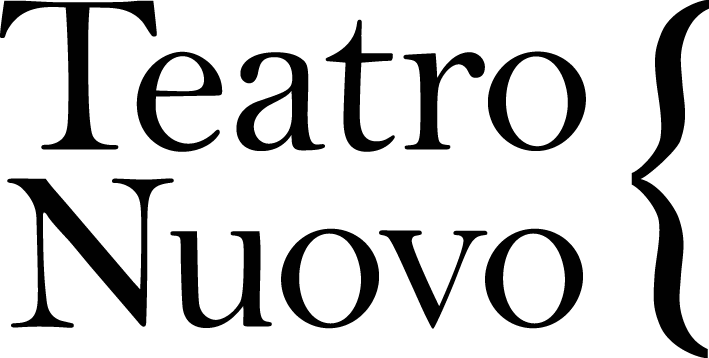





![Image 2 - Henry T. [Harry] Burleigh - Detroit Public Library.jpeg](https://images.squarespace-cdn.com/content/v1/596bb4e703596e837b624445/1591713684327-N7HW488JSZ7EN8T5AJSR/Image+2+-+Henry+T.+%5BHarry%5D+Burleigh+-+Detroit+Public+Library.jpeg)







